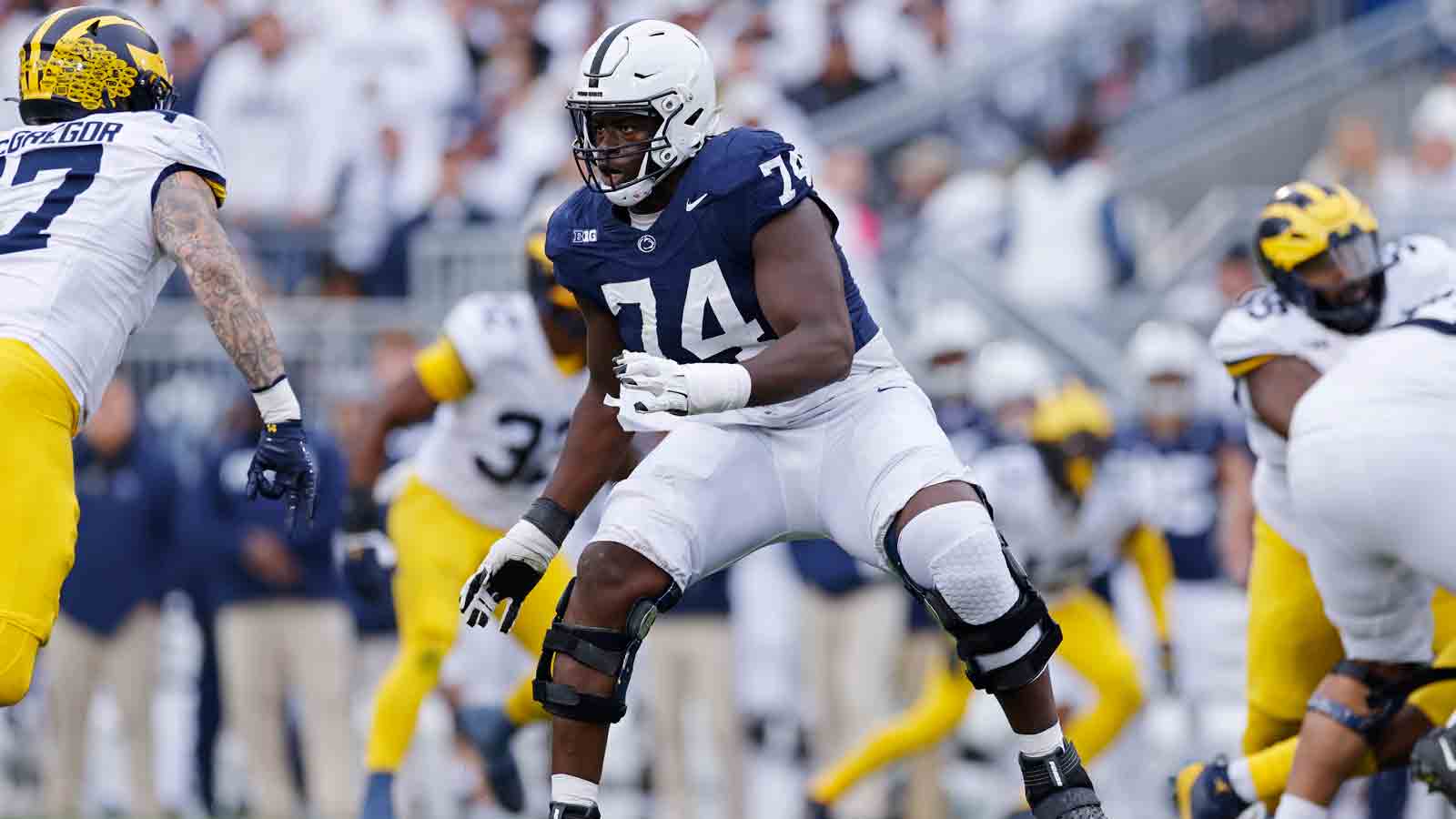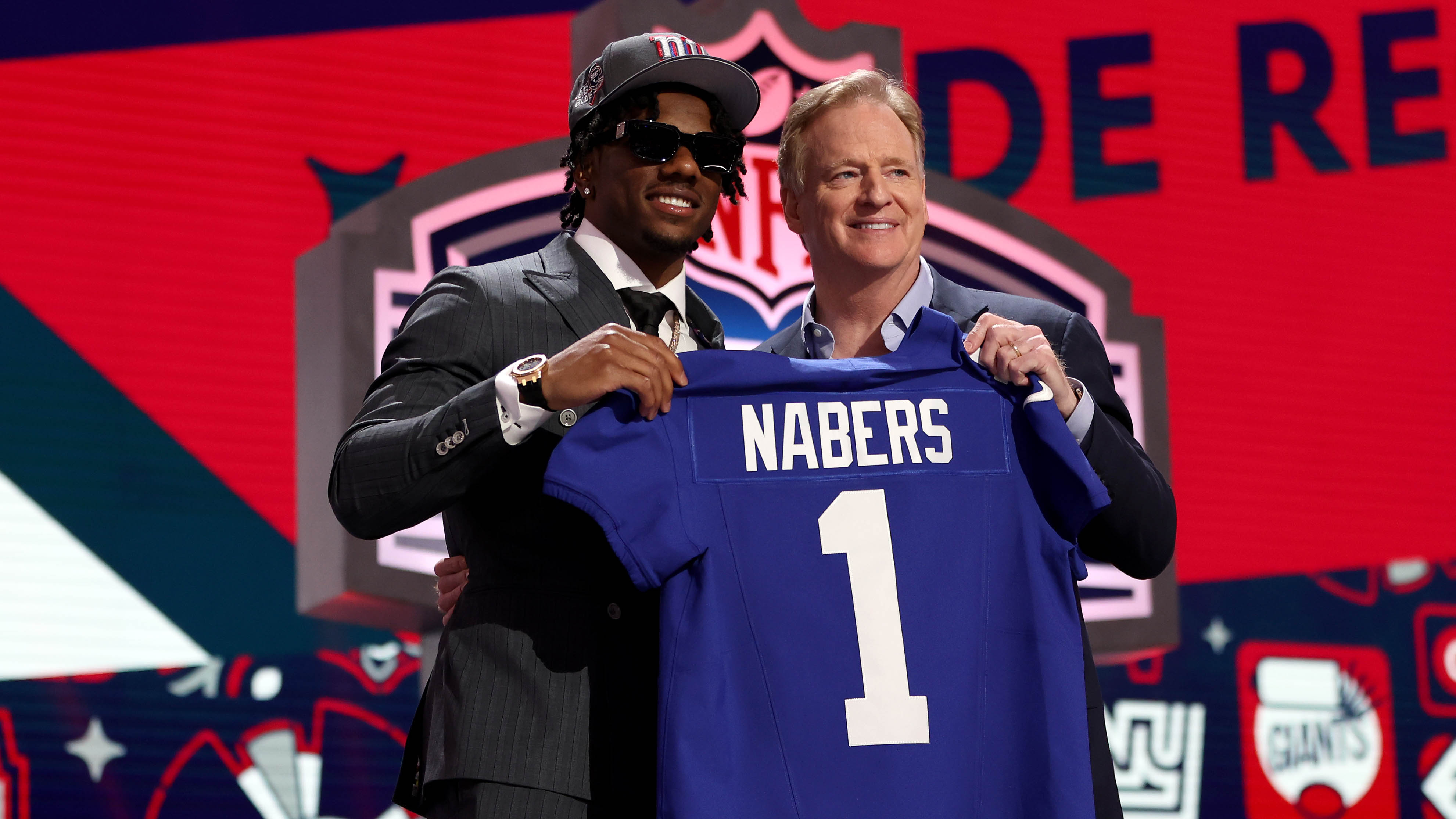What to Know
- Judge releases preliminary finding that NYPD cop accused of using banned chokehold in July 2014 death of Eric Garner should be fired
- Officer Daniel Pantaleo had faced NYPD trial in the death of 43-year-old Garner, whose dying words, "I can't breathe," turned rallying cry
- Garner, an unarmed black man, refused to be handcuffed after police stopped him on NY street corner for allegedly selling loose cigarettes
An NYPD judge recommended firing the officer accused of using a banned chokehold in the July 2014 death of Eric Garner, bring some measure of closure to a nationally influential case that local and federal officials all declined to criminally prosecute.
The judge found officer Daniel Pantaleo — who has been on modified administrative duty in the years since Garner's death on a Staten Island street corner — guilty of "reckless assault" when he used an impermissible chokehold on the 43-year-old father, according to two sources familiar with the decision, who said the report was extremely detailed.
Pantaleo was found not guilty of "intentional strangulation," the sources said.
The NYPD suspended Pantaleo for 30 days without pay, effective immediately. For Garner's daughter, Emerald, the ruling was bittersweet.
"This has been a long battle, five years too long, and finally someone has said there is information this cop did something wrong," she said. "It's been way too long to say he did something wrong."
There was a demonstration outside police headquarters in Lower Manhattan Friday evening, with protesters calling on NYPD Commissioner James O’Neill to fire Officer Pantaleo.
Mayor Bill de Blasio, who has come under aggressive criticism during his presidential campaign for not firing Pantaleo (which, as a matter of law, he cannot do), cheered the decision.
"Today for the first time in these long five years, the system of justice is working," De Blasio said at a City Hall news conference, which was interrupted by protesters demanding the city follow the judge's recommendation.
The judge's ruling is preliminary, not the final decision regarding the fate of Pantaleo. Next, both Pantaleo's attorney and attorneys for the Civilian Complaint Review Board, which prosecuted the case, will have an opportunity to meet with the judge to discuss the decision before it goes to Commissioner O'Neill, who will ultimately make the decision on the officer's future.
The attorneys have up to two weeks to do that, then the departmental judge sends her final findings to O'Neill, who will decide whether to fire Pantaleo or not. The NYPD said Friday that O'Neill has not yet seen the judge's draft report.
"DEPARTMENT IS FROZEN"
“All of New York City understandably seeks closure to this difficult chapter in our City’s history. Premature statements or judgments before the process is complete however cannot and will not be made. In order to protect the integrity of the trial proceedings and conclusion, the NYPD will not comment further until the Police Commissioner makes the final determination," deputy commissioner Phillip Walzak said in a statement.
The Police Benevolent Association, the union representing Pantaleo, condemned the judge's decision in fiery terms.
At a Friday afternoon news conference, a highly agitated PBA President Pat Lynch raged that cops could no longer do their job properly.
"New York City police officers will now be considered reckless every time they put their hands on someone," Lynch said.
"The police department is frozen. They can't stop the killers, they can't stop the criminals."
Michael Palladino, the president of the Detectives Endowment Association, said the decision delivers a clear message to all cops: "Don't engage."
"We should just start making arrests by appointment or invitation. If they RSVP no, we can close the case," Palladino said in a sarcastic statement.
Pantaleo's lawyer Stuart London maintained that the officer's case had been won in the courtroom but lost due entirely to politics. However, London also said he remains "cautiously optimistic" that Pantaleo won't be fired, and plans to keep fighting for his job.
"UNFIT TO SERVE"
The chokehold or no-chokehold debate was the crux of the entire case against Pantaleo, whom a grand jury declined to indict and whom the U.S. Department of Justice declined to prosecute. Prosecutors had argued the video, which captured Garner's dying words, "I can't breathe," clearly showed Pantaleo use a banned chokehold -- and the medical examiner's autopsy report listed a chokehold as the cause of his death. Health factors, including obesity and high blood pressure, were mentioned as contributing factors in that report.
Defense attorneys submitted at trial that the move Pantaleo was seen using was not an illegal chokehold, but a department-approved takedown move used to subdue suspects resisting arrest -- and that his arm was not around Garner's neck when he said, repeatedly, "I can't breathe."
Fred Davie, chair of the CCRB, said in a statement Friday that the judge's preliminary decision confirmed Pantaleo committed misconduct the day Garner died -- and that his actions caused Garner's death.
"The evidence the CCRB’s prosecutors brought forth at trial was more than sufficient to prove that Pantaleo is unfit to serve," Davie said. "Commissioner O’Neill must uphold this verdict and dismiss Pantaleo from the Department, as was recommended by both the CCRB and the Deputy Commissioner of Trials."
Friday's developments come after the U.S. Department of Justice announced July 16 that it would not file civil rights or criminal charges against Pantaleo.
U.S. Attorney General William Barr made the final decision in that case, an official said, adopting the recommendation of prosecutors in Brooklyn. Lawyers in the Department of Justice's Civil Rights Division, however, had a different view and believed charges could have been pursued, according to two officials.
Garner, an unarmed black man, refused to be handcuffed after police stopped him on a Staten Island street corner in 2014 for allegedly selling loose, untaxed cigarettes. Video showed Pantaleo put an arm around Garner's neck in an apparent chokehold; the officer's attorney, though, said in opening statements that the cop's arm was not around Garner's neck when he said "I can't breathe."
Garner died in an ambulance on the way to the hospital. His death was ruled a homicide.
Local
His words became a rallying cry for the national movement against police brutality. Pantaleo's disciplinary trial kicked off May 13 to heightened emotions as protesters swarmed a major New York City highway at the height of the morning rush, stretching a banner across the FDR condemning the officer.
Garner's family received $5.9 million from the city in 2015 to settle a wrongful death claim.
On Staten Island, reaction to the judge's ruling was both swift and positive.
"They should be pleased because he was wrong and they get satisfaction," local resident Jean Coleman said of Garner's family.



